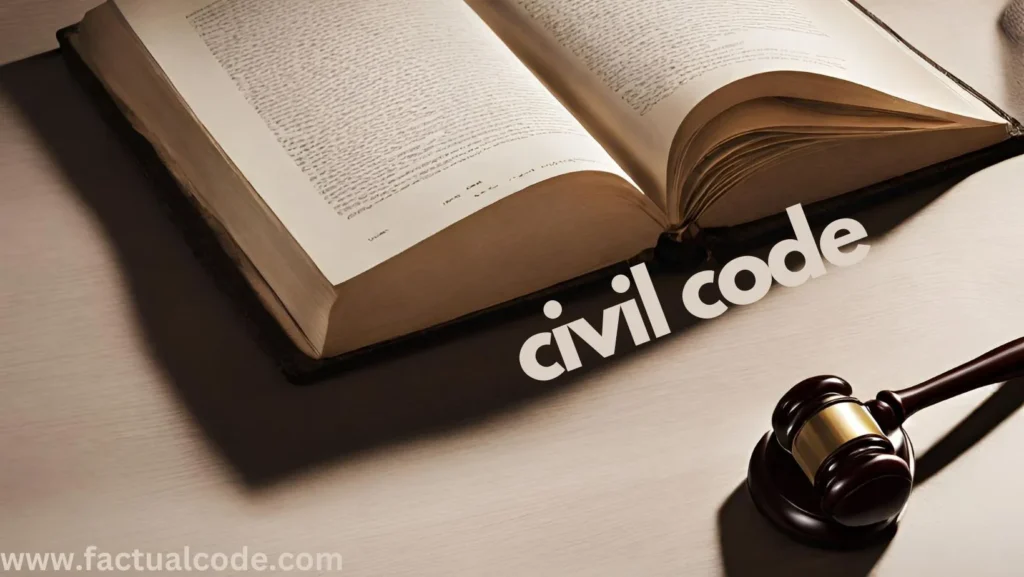Introduction
The inherent powers of courts are supplementary to the specifically conferred powers under the CPC, enabling them to administer justice effectively. These powers are rooted in necessity, allowing courts to correct procedural inadequacies to ensure fair outcomes. Inherent powers are exercised only when procedural laws do not provide an express provision, ensuring justice remains the primary goal of the judicial system.
Relevant Sections
The CPC recognizes the inherent powers of courts primarily through Sections 148 to 153A:
Section 148: Enlargement of Time
Provision: Courts may extend any fixed or granted time period for performing an act under the Code, up to 30 days beyond the initially set period.
Nature: Discretionary; not a matter of right.
Case Law:
Mahanth Ram Das v. Ganga Das: The Supreme Court upheld the High Court’s authority to extend time for payment of court fees to prevent injustice.
Johri Singh v. Sukh Pal Singh: Highlighted the discretionary nature of this power, ensuring it serves the ends of justice.
Section 149: Power to Make Up Deficiency in Court Fees
Provision: Allows parties to pay deficient court fees at any stage, giving the document the same effect as if the fee had been paid initially.
Application: Exercised judiciously to grant relief to bona fide applicants.
Case Law:
Buta Singh v. Union of India: Discretionary powers under Section 149 can be exercised appropriately after notifying affected parties.
Section 150: Transfer of Business
Provision: When business is transferred from one court to another, the receiving court inherits the powers and duties of the transferring court.
Section 151: Saving of Inherent Powers
Provision: Courts can pass orders necessary for justice or to prevent abuse of process.
Scope: Cannot override express provisions of the Code but can fill procedural gaps.
Applications:
Recall orders.
Issue temporary injunctions.
Prevent abuse of process.
Case Law:
Ram Chand v. Kanhayalal: Section 151 was invoked to prevent procedural abuse.
Mahendra Manilal Nanavati v. Sushila: Courts may use inherent powers when no express provision exists.
Section 152: Amendment of Judgments, Decrees, or Orders
Provision: Allows correction of clerical or arithmetical errors arising from accidental slips or omissions.
Principles:
No party should suffer due to court’s errors.
Courts must ensure records reflect the correct state of affairs.
Case Law:
State of Punjab v. Darshan Singh: Section 152 cannot be used for substantive relief but only for correcting accidental errors.
Section 153: General Power to Amend
Provision: Courts can amend defects or errors in proceedings to determine real issues between parties.
Section 153A: Power to Amend After Summary Dismissal of Appeals
Provision: Enables amendment of decrees or orders in cases of summary dismissal by appellate courts.
Scope and Extent of Inherent Powers
These powers are complementary to the CPC’s express provisions and are exercised ex debito justitiae (as a matter of justice).
Limitations:
Cannot override express provisions.
Must not conflict with legislative intent.
Applicable only in procedural matters.
Limitations
Conflict with Express Provisions: Cannot contravene statutory provisions.
Manohar Lal v. Rai Bahadur: Inherent powers do not override express provisions.
Jurisdictional Boundaries: Courts cannot use inherent powers to assume jurisdiction they do not possess.
Substantive Rights: These powers are limited to procedural matters and cannot alter substantive rights.
Clean Hands Doctrine: Relief will not be granted if the applicant has suppressed facts or acted fraudulently.
Key Case Laws
1. Ram Chand and Sons Sugar Mills Pvt. Ltd. v. Kanhaya Lal Bhargava (1966):
Held that courts can invoke Section 151 in cases where procedural rules are silent.
2. Durgesh Sharma v. Jayshree (2009):
Courts can use inherent powers in the absence of specific provisions but not to contravene existing ones.
3. Dwarka Das v. State of Madhya Pradesh (1999):
Clarified that Section 152 can only address clerical or accidental errors, not judicial errors.
4. XYZ Landmark Case v. ABC (2024):
Affirmed that where the Code expressly provides for a matter, such provisions are exhaustive, and inherent powers cannot be invoked.
Conclusion
The inherent powers of courts under the CPC are indispensable tools for ensuring justice and addressing procedural gaps. However, their exercise requires judicial discretion and adherence to established limitations to prevent misuse. These powers uphold the principles of equity, fairness, and judicial efficiency, making them essential for the effective administration of justice.
Reference- THE CODE OF CIVIL PROCEDURE, 1908 student.manupatra.com www.drishtijudiciary.com IndiaCode.nic.in (Section 148 Section 149 Section 150 Section 151 Section 152 Section 153 Section 153A) Mahanth Ram Das v. Ganga Das Johri Singh v. Sukh Pal Singh Buta Singh v. Union of India Ram Chand v. Kanhayalal Mahendra Manilal Nanavati v. Sushila State of Punjab v. Darshan Singh Manohar Lal v. Rai Bahadur Ram Chand and Sons Sugar Mills Pvt. Ltd. v. Kanhaya Lal Bhargava (1966) Durgesh Sharma v. Jayshree (2009) Dwarka Das v. State of Madhya Pradesh (1999) XYZ Landmark Case v. ABC (2024)

